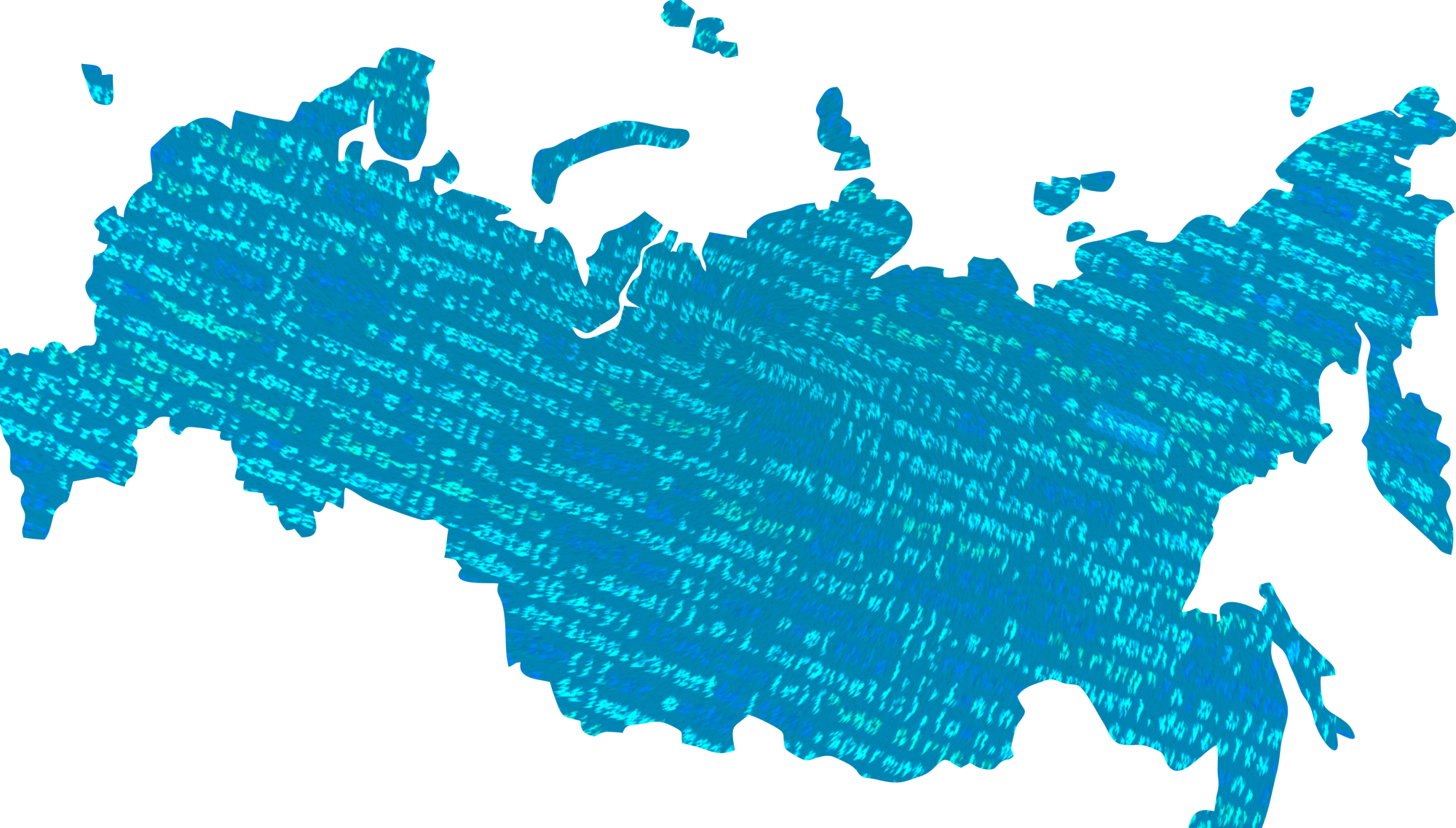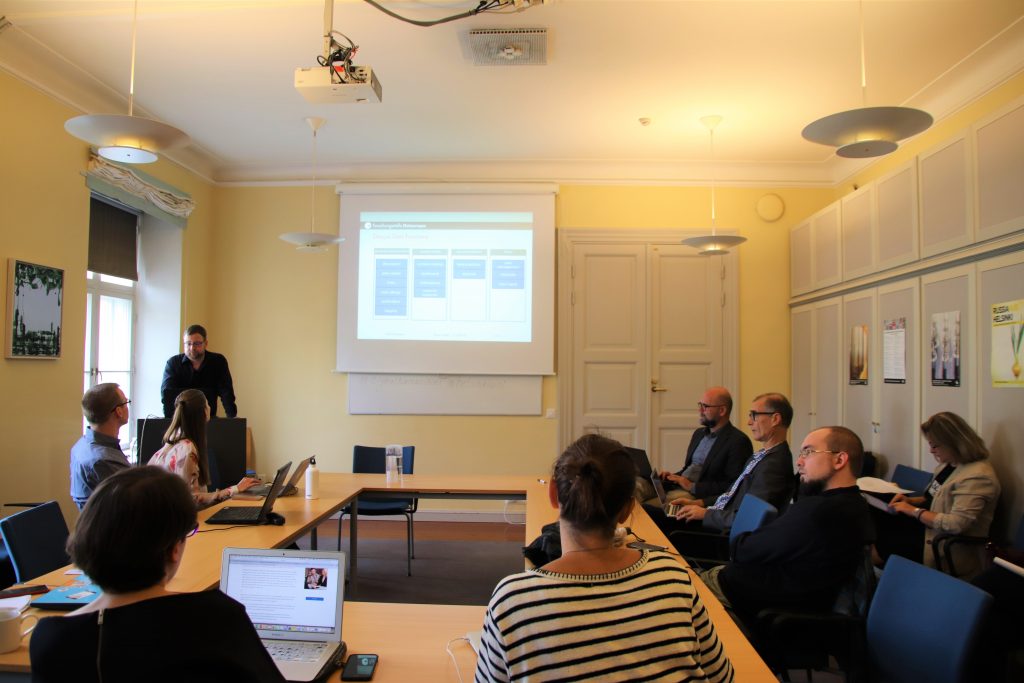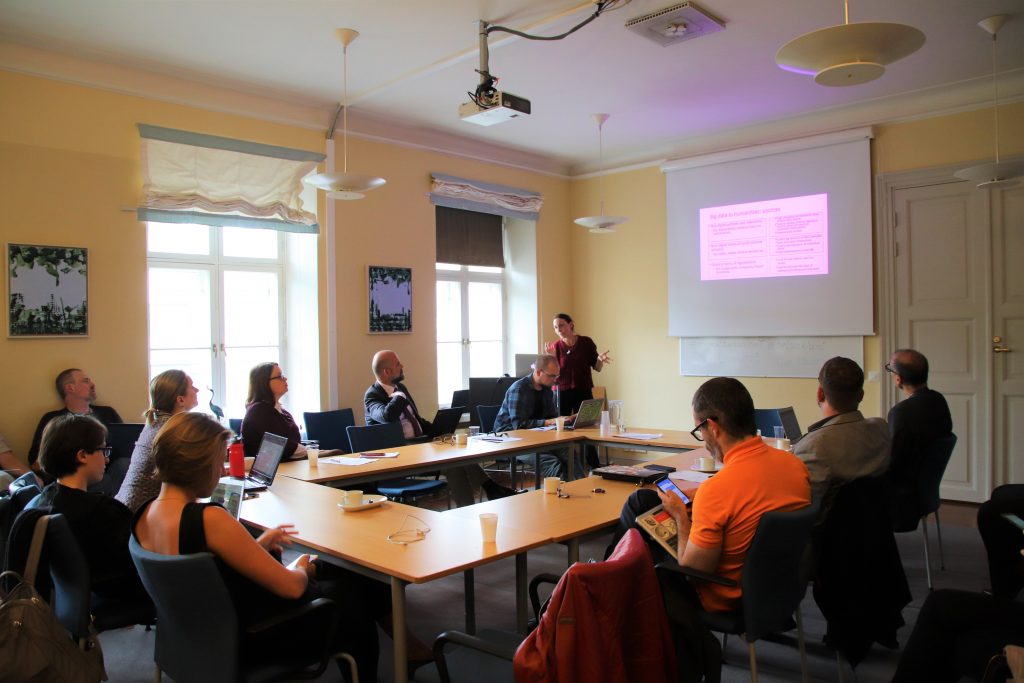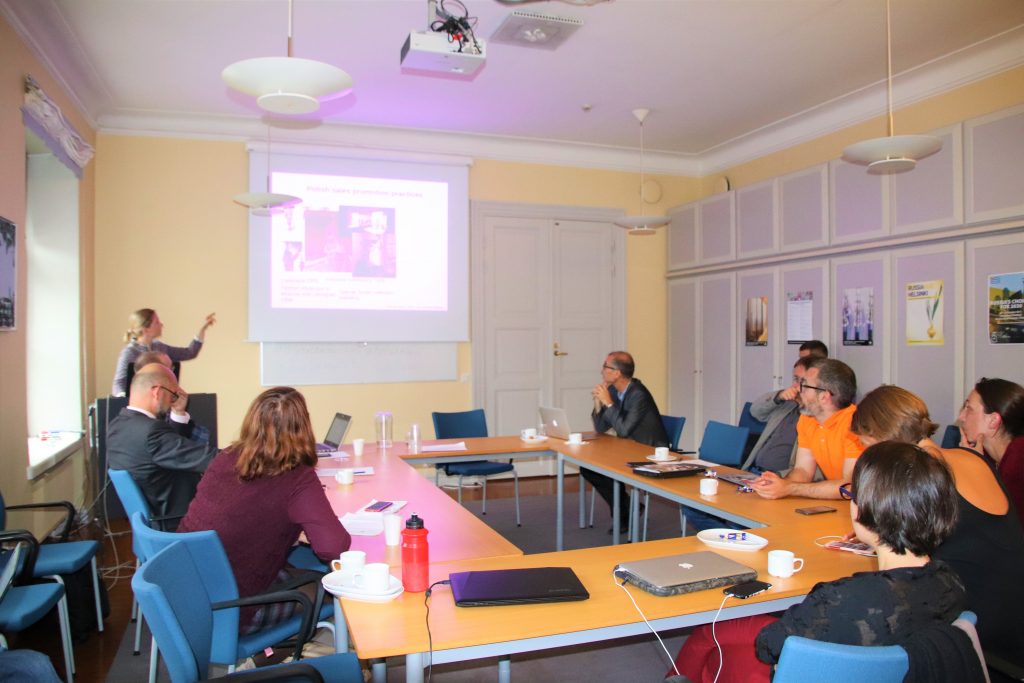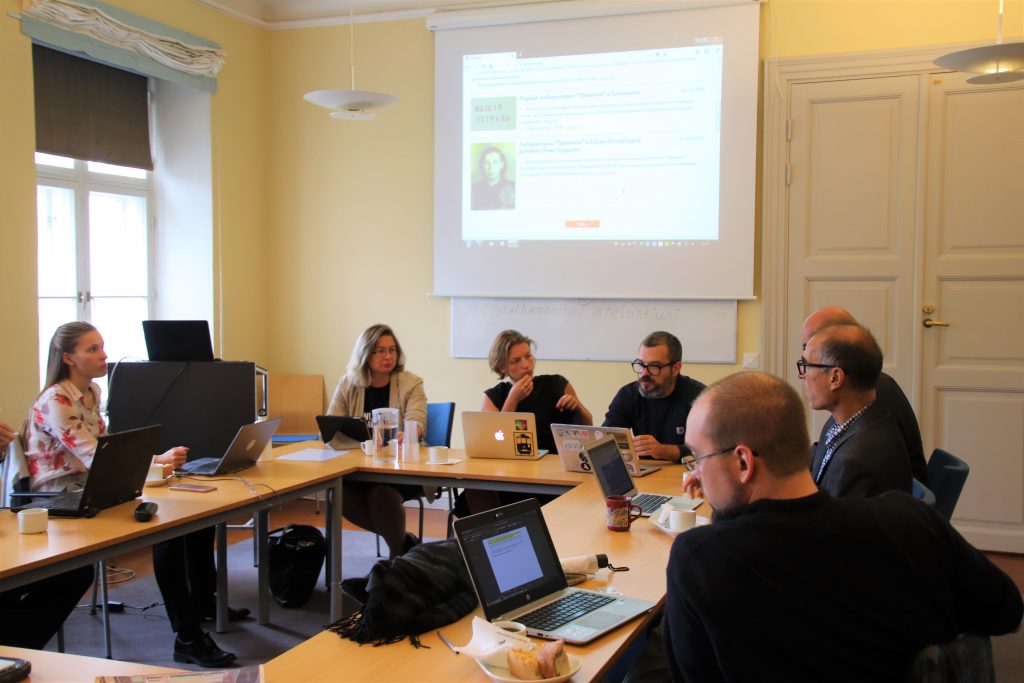Daria, you just came back from the Internet, Policy and Politics conference in Oxford. Could you briefly tell us what it was about?
Internet, Policy and Politics (IPP) is a conference convened by the Oxford Internet Institute for the OII-edited academic journal Policy and Internet, in collaboration with the European Consortium of Political Research (ECPR) standing group on Internet and Politics. This year the topic was ‘Long Live Democracy?’, so it was about questioning the theses of democratic renewal – and democratic decay – in a digital world. Over two days, around 80 research papers were presented by scholars from all over the world, showcasing rigorous and critical investigations on the role of digital technologies in democratic processes and showing many ways in which the internet has affected democracies, both positive and negative.
That is a timely and controversial topic! What did you present at the conference?
I presented the first results from our ongoing project on the uptake of civic technologies in the Russian regions. Together with Andrey Indukaev, last spring we started wondering why, how and to which consequences various civic technologies are being adopted across Russia. It is not very well known, but in Russia many cities and municipalities enter into dialogue with their citizens using online tools. For instance in Moscow there is a blockchain-based platform called Active Citizen, where citizens can cast their votes with regard to various municipal matters, such as local speed limits, bus route design, library services, parks and recreational zones, and where voting is rewarded in the form of points that can be exchanged for services, such as museum tickets. The geography of civic technology is very wide – in Yakutsk it enables online public hearings and participatory budgeting, in Belgorod and Rostov – interactive maps with city problems co-created by the citizens, and so on. In this sense, Russian cities are not so different from their counterparts in Germany and the UK, as we discovered in the IPP conference. It was very exciting to hear that very similar projects are now being realised in, say, Göttingen or Köln. This provoked a good discussion about the democratic potential of civic technology.
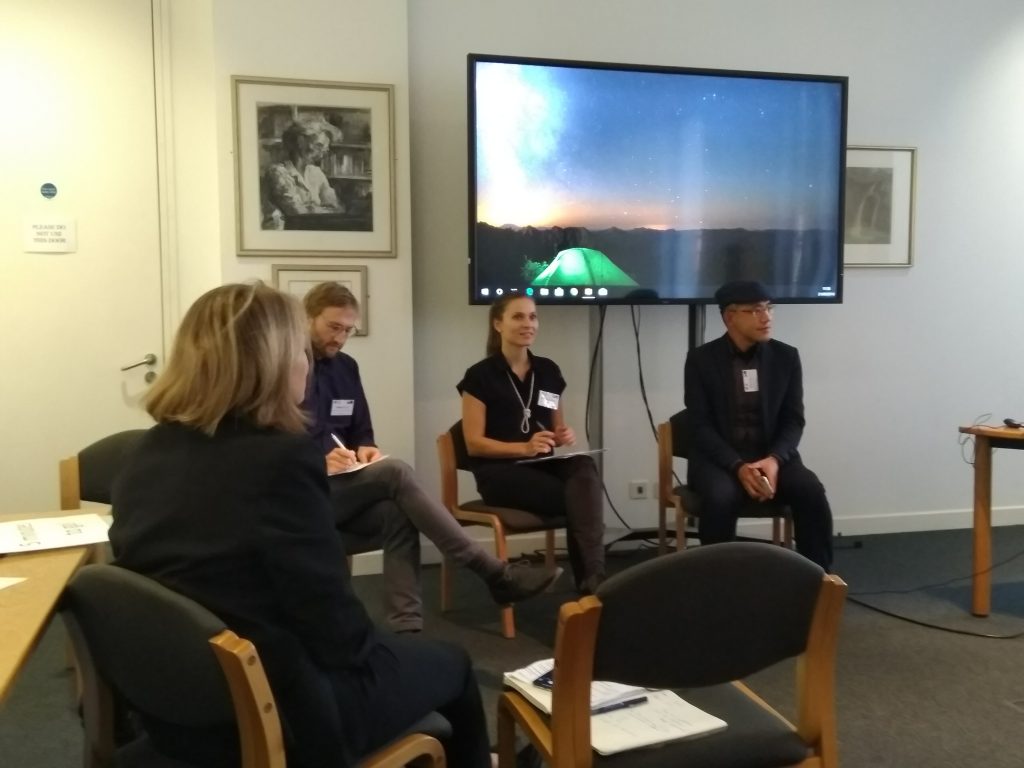
What are the main arguments of your research?
We are at the initial stage of this project, so it is too early to say what we will find. However, the IPP2018 was definitely a great place to test our hypothesis. We argue that there is no ‘democracy by design’ and that any civic technology is not deployed in a vacuum. We follow to socio-technical tradition of understanding the life of technology in society and we suggest that ideas surrounding technological development matter. The democratic potential of a civic technology instrument depends first and furthermost on the narratives that accompany its design and deployment. ‘Democracy in – democracy out’, to make it very simple.
I’d like to know more! What are the next steps in this project?
I think the IPP2018 was a great platform to test our ideas and improve the analytical model. Now we are in the phase of extensive data collection. I am sure there will be many surprises and new questions coming from the data, but we are well-equipped in DRS to handle large databases, so looking forward to discovering the patterns of civic technology adoption in the Russian regions guided by our analytical framework.
